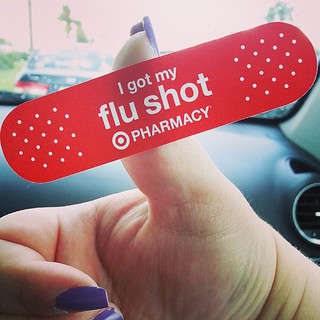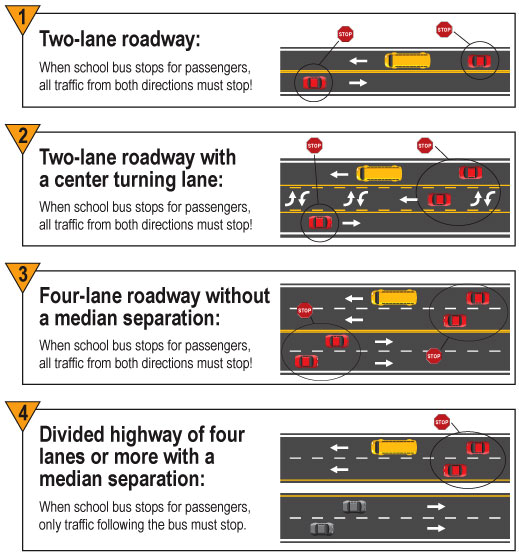
Many au pairs and host families are looking for places to get flu shots this time of year. Your au pair insurance does NOT cover preventive care like immunizations. But there are lots of places to get flu shots for free or a small fee. (There are also lots of places to get a free COVID-19 booster shot, more information on that can be found here on our medical resources page.)
If the host family is urging their au pair to get the seasonal flu shot and she agrees to get it, the host family would be responsible for the expense.
If you are planning to get the seasonal flu vaccine, it is recommended that you get it as early as possible. Below are some links to help you decide where to go for a flu shot.
County and State Health Departments
- State of Maryland – Find a vaccine clinic search feature. Check back for updates and check your specific county health department website for more options.
- Anne Arundel County Health Department – Free flu shots are available by appointment and at some vaccine clinics, registration is required.
- Montgomery County Health Department – Free flu shot clinics, online registration is required.
- Prince George’s County – Free flu shot clinics, no appointment necessary.
I have been told that Kaiser Permanente is offering free flu shots as well.
Local Pharmacies
Flu shots are also available for a fee at local pharmacies. Here are the current without insurance prices for some local pharmacies. (Even though you have medical insurance, it doesn’t cover vaccines, so that is why you will pay the without insurance price.) Prices are subject to change, so check before you go.
- Target $25
- Costco (members and non-members) $15
- CVS $32
- Walgreens $32
- Walmart $25


 With schools in session and many new au pairs who have recently arrived, I wanted to remind everyone about what to do in different situations with school buses. If you have questions, please ask me or your host parents.
With schools in session and many new au pairs who have recently arrived, I wanted to remind everyone about what to do in different situations with school buses. If you have questions, please ask me or your host parents.